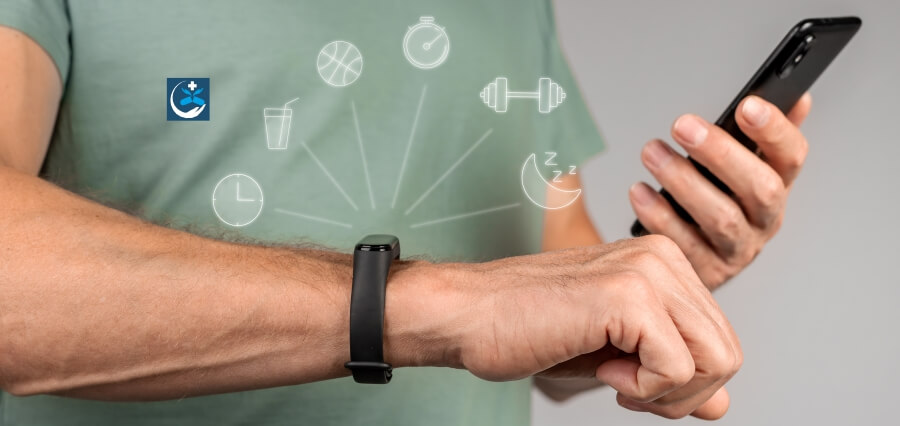Google-owned Fitbit believes there’s significant potential for AI to assist individuals in setting more attainable health goals.
Anyone who engages in regular exercise—or at least attempts to—understands that each day presents unique challenges. For instance, after a tiring work trip, one might not feel as prepared for a workout compared to after a restful weekend. Similarly, a strenuous gym session on Monday may result in lingering fatigue by Wednesday.
Google’s Fitbit is looking to AI for solutions to such scenarios as it considers integrating this cutting-edge technology into its fitness app. Fitbit co-founder James Park, who is departing the company due to a reorganization of Google’s hardware division, unveiled this concept in October with the introduction of Fitbit Labs. This forthcoming initiative will leverage AI to offer more comprehensive health insights, including explanations for variations in your daily run’s difficulty level. Ajay Surie, group product manager at Google, provided further insights into how generative AI will have a broader impact on the Fitbit app.
Surie stated that the company is exploring the utilization of generative AI to offer personalized activity and exercise suggestions tailored to individual users. This development underscores the trend of tech giants incorporating generative AI, which can respond to queries or generate content based on trained data, into everyday tech devices.
“We also recognize a significant potential for AI to assist us in providing tailored recommendations for the objectives you wish to pursue,” he remarked. “One of the major challenges we encounter in health, which I personally face as well, is maintaining user focus and commitment to their fitness goals.”
Surie pointed out exercise goals as a potential example. The World Health Organization recommends that adults engage in 150 minutes of physical activity each week. However, this can prove challenging for beginners, while seasoned athletes may require more ambitious targets. He believes AI holds enormous potential in assisting individuals in establishing appropriate goals.
“We aim to support individuals in monitoring their objectives and adhering to them, while also making adjustments as necessary,” he added.

